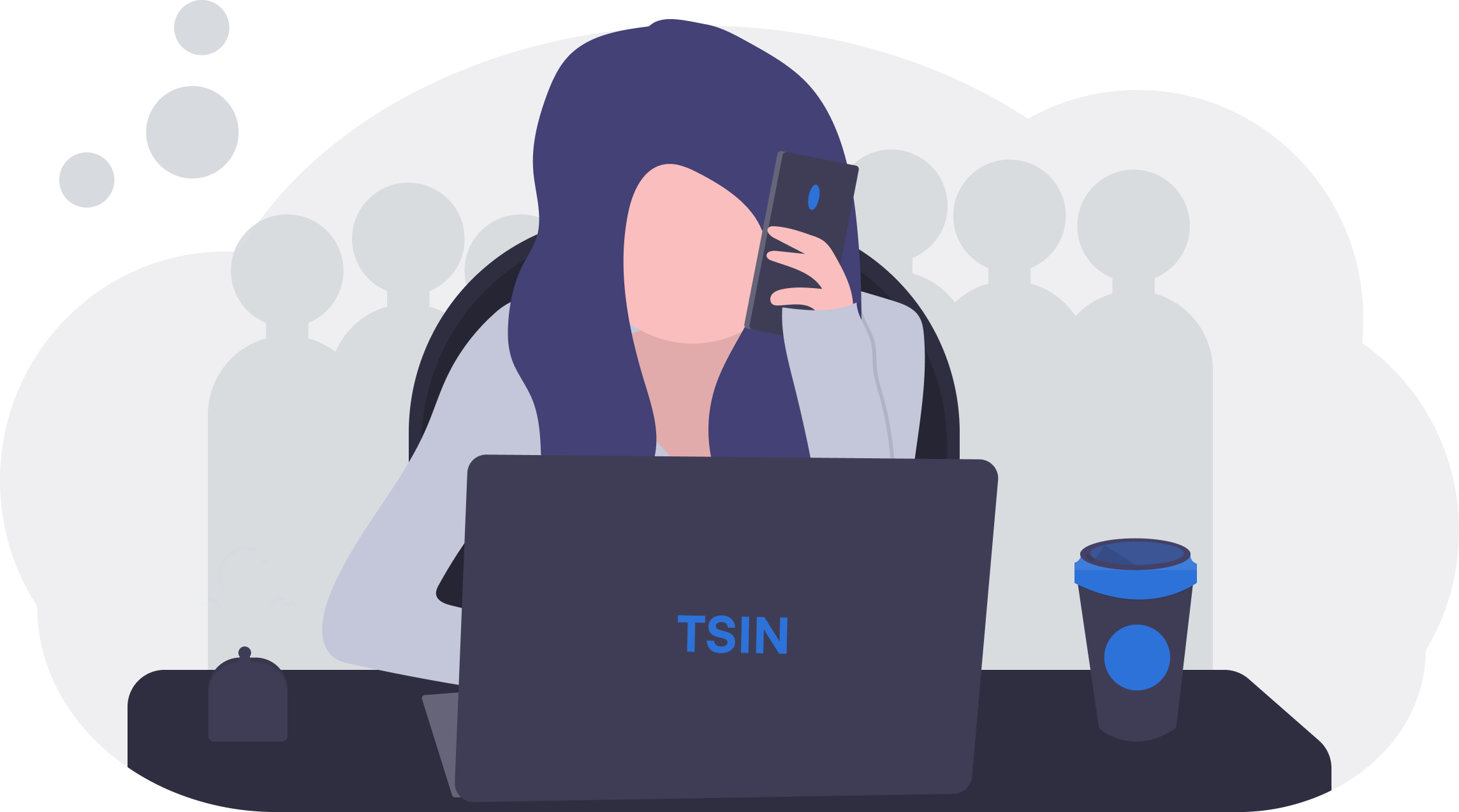Business Phone Systems vs Traditional Landlines: What's Better in 2025?
Communication is the backbone of any successful business. Whether you're a startup, a growing SME, or a large enterprise, connecting with clients, teams, and vendors directly impacts productivity and customer satisfaction. In 2025, as technology continues to evolve at an accelerated pace, businesses are increasingly faced with the question: Should we stick with traditional landlines, or upgrade to modern business phone systems?
Let's examine and compare both options to help you decide what's best for your business in 2025.
What Are Traditional Landlines?
Traditional landlines use the Public Switched Telephone Network (PSTN), a circuit-switched network that has existed for over a century. It requires physical copper wires and hardware on both ends of the communication.
What Are Business Phone Systems?
Business phone systems in 2025 typically mean VoIP-based or cloud-based phone solutions that run over the internet. These include features such as auto-attendants, call routing, voicemail-to-email, mobile integration, and more. Unlike traditional landlines, they are software-driven, scalable, and often subscription-based.
Feature Comparison: Business Phone Systems vs Traditional Landlines
1. Cost Effectiveness
Traditional Landlines: Due to the physical hardware and infrastructure, the setup cost is very high. Monthly charges for long-distance and international calls are also high. Hardware maintenance and upgrades can prove costly.
Business Phone Systems: VoIP and cloud-based systems significantly lower the cost of business phone systems. Most providers charge fixed monthly rates, offer free internal calls, and maintain low international charges. There's no need for heavy infrastructure—just a stable internet connection is enough to get started.
2. Scalability
Traditional Landlines: Laying new lines or moving to a new office means installing new cables and reinstalling hardware, which is labour-intensive and costly.
Business Phone Systems: Adding a new user is as easy as opening a new account or installing a program. These systems expand with your business, making them perfect for rapidly growing companies.
3. Mobility and Remote Access
Traditional Landlines: These are bound to a physical location. You miss the call if you're not at the desk—no remote access.
Business Phone Systems: Employees can make and receive calls using mobile apps, laptops, or tablets. This makes it ideal for remote teams, hybrid workplaces, and field staff.
4. Advanced Features
Traditional Landlines: Provide simple calling and voicemail, limited integration with contemporary tools like CRM software or support platforms.
Business Phone Systems: Provide intelligent features such as call analytics, IVR menus, call forwarding, conference calling, voicemail-to-email, call recording, and CRM integration such as Salesforce and HubSpot.
5. Reliability and Call Quality
Traditional Landlines: Known for reliable, consistent call quality, especially in areas with poor internet. Not affected by internet outages or bandwidth limitations.
Business Phone Systems:
Call quality is dependent on internet speed and stability. But in 2025, with fibre and 5G speeds available everywhere, quality complaints will be non-existent.
6. Maintenance and Support
Traditional Landlines: Repairs or upgrades require on-site professionals. Downtime can be long due to physical dependency.
Business Phone Systems: Maintenance is remote. Software updating is automatic, and providers provide cloud-based support 24/7.
7. Security
Traditional Landlines: Less prone to cyber threats, but can be physically tapped or disrupted.
Business Phone Systems: Cloud systems now offer enterprise-grade encryption, multi-layered firewalls, and secure login systems. However, they still require regular monitoring to prevent cyber risks.
Industry Adoption in 2025
More businesses in India and worldwide are moving to business phone systems, and there are good reasons for it. According to industry reports, over 40% of SMEs in India have already switched to VoIP or cloud-based systems due to the demand for remote working capabilities and cost savings.
Even traditional sectors like healthcare, logistics, and education now leverage innovative calling systems to streamline communications and increase efficiency.
When Should You Still Consider a Traditional Landline?
While modern systems offer clear advantages, there are niche scenarios where landlines still make sense:
* In areas with unreliable internet connections
* Businesses that don't require remote access or mobile features
* Legacy setups in the government or banking sectors have strict infrastructure requirements.
But even in these cases, many businesses now opt for a hybrid approach—using landlines as a backup and relying on cloud phones as the primary solution.
Business VoIP Phone Systems: A Smart Investment in 2025
Here's why more businesses are choosing modern phone systems this year:
Flexibility: Work from anywhere without missing calls
Affordability: Lower operational costs with scalable pricing
Productivity: Unified communication tools in one dashboard
Professionalism: Better customer experiences with call routing, greetings, and integrated systems
If you still rely on traditional phones, 2025 is the perfect time to upgrade. The technology is mature, reliable, and business-friendly.
Final Verdict: What's Better in 2025?
When comparing traditional landlines to modern business phone systems, the differences are significant and impactful. Traditional landlines tend to be high in cost, difficult to scale, and lack remote access, making them less suitable for today’s dynamic business environment. Their features are limited, and while call quality is generally stable, they require manual maintenance and rely on physical security measures.
In contrast, modern business phone systems offer low-cost solutions, are easily scalable, and provide remote access, making them ideal for hybrid and remote teams. They come with advanced features like call routing, analytics, and integrations, and while call quality depends on a stable internet connection, it remains reliable. Additionally, they support remote maintenance and offer encrypted cloud-based security, significantly enhancing data protection and operational efficiency.
Looking Ahead
As the internet infrastructure in India improves and businesses become more digitally driven, business phone systems will become the new standard. Whether you are a startup looking for a professional edge or a large enterprise needing a scalable solution, making the switch in 2025 could be one of your wisest business decisions.

